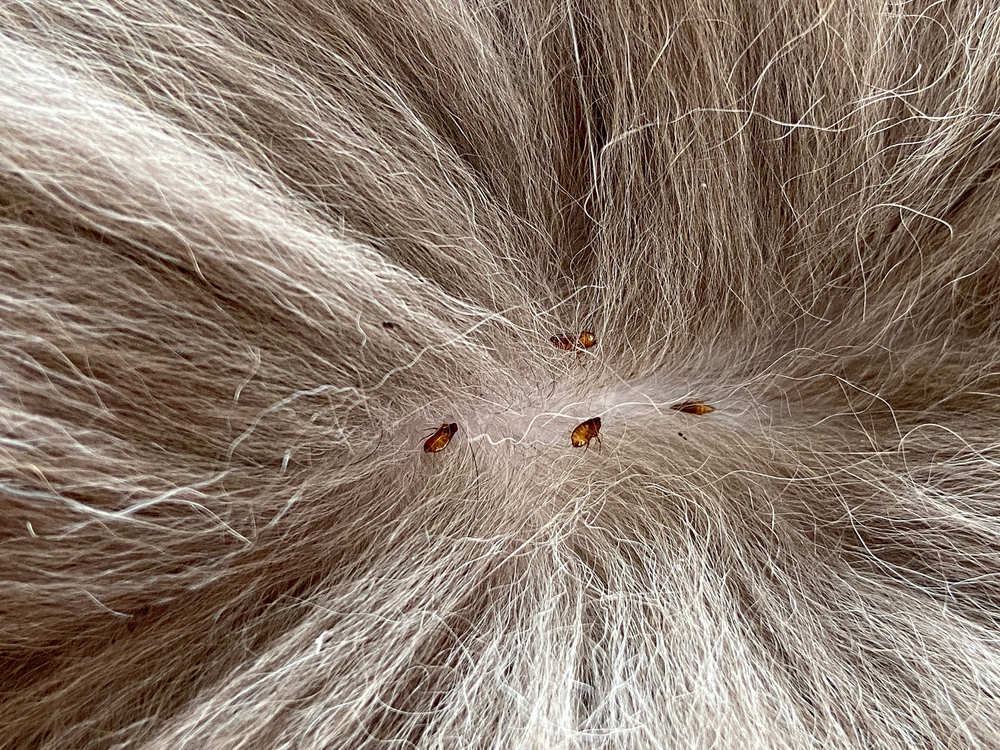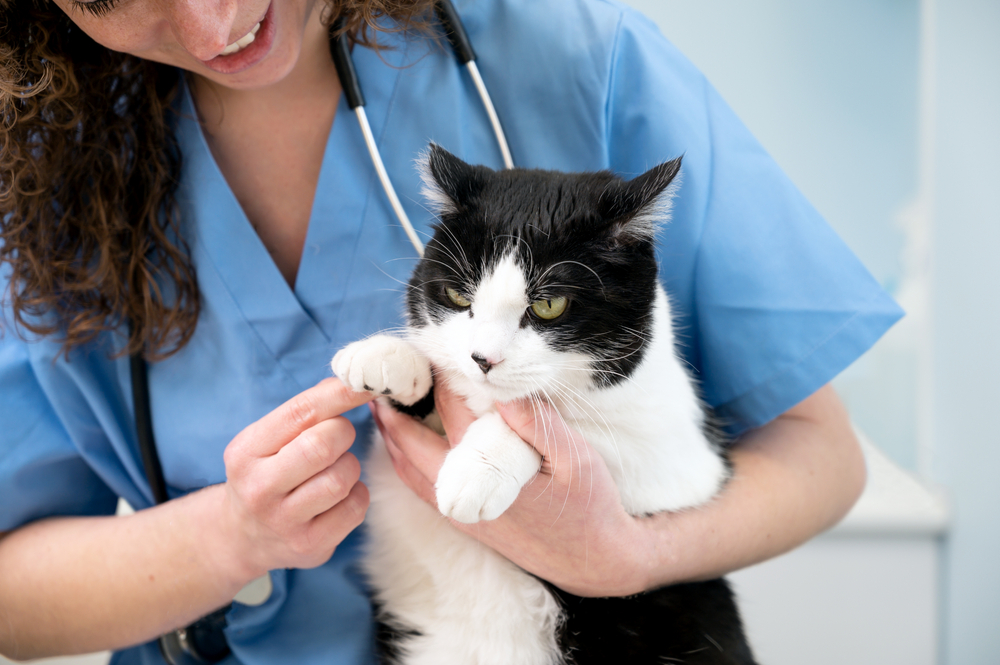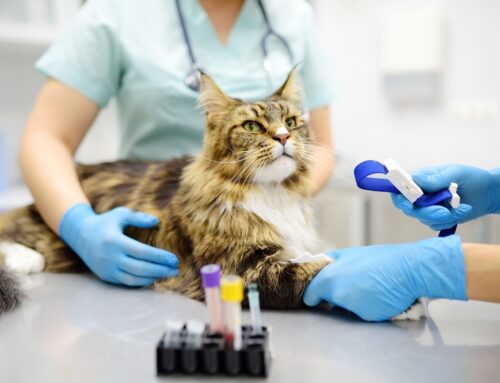National Take Your Cat to the Veterinarian Day is August 22. If you cannot remember the last time you took your cat to the veterinarian, this is the perfect time to schedule an appointment for their wellness visit. Our veterinarians in south Austin at Oliver Animal Hospital want to explain why regular wellness visits are critical for ensuring your cat remains healthy.
#1: Cats are masters at disguise
Cats are notorious for masking their vulnerabilities, making catching problems in the early stages difficult without a veterinary professional’s help. Our veterinarians in south Austin at Oliver Animal Hospital will ask about your cat’s history, and you should mention any recent behavioral changes, such as elimination outside the litter box or avoiding interaction. Also, any change in your cat’s appetite could indicate a serious condition. After learning your cat’s history, we will perform a thorough physical exam to assess your cat from nose to tail.
- Eyes — We will perform an ophthalmic exam to assess the health of your cat’s cornea, lens, retina, and optic disc. Cats can adapt well to vision loss, and you may not know they are suffering from conditions such as cataracts and retinal atrophy.
- Ears — Ear mites are a common problem for cats, and we will check your cat’s ears for these pesky parasites, as well as other issues such as infection or growths.
- Mouth — Dental health is a vital aspect of your cat’s well-being, since the bacteria in their mouth can infect other organs, such as the heart and kidneys, and cause serious problems. We will inspect your cat’s mouth for periodontal disease.
- Weight — More than 50 percent of pet cats are overweight, which can cause significant health concerns. Tracking your cat’s weight will help us know how to best help you keep them at an ideal weight.
- Heart — We will listen to your cat’s heart using a stethoscope. We can discover arrhythmias and murmurs during this auscultation.
- Lungs — We will also auscultate your cat’s lungs, listening for evidence indicating respiratory problems, such as asthma or pneumonia.
- Skin — We will check your cat’s skin for any distressing issues, such as infection or inflammation.
- Temperature — Your cat’s temperature should be 101 to 102.5 degrees. If their reading is higher, we will need to investigate the cause.
- Limbs — We will assess your cat’s gait for any indication of lameness, and ensure they are not in pain.
#2: Your cat ages faster than you
Your cat’s first birthday is the equivalent of approximately 15 human years, and their second birthday is the equivalent of about 24 years. Thereafter, your cat ages four years for every calendar year. This means they are considered elderly at about 12 years of age. Every life stage presents specific health challenges that our veterinary professionals at Oliver Animal Hospital will screen. While younger cats should receive an annual wellness check, cats 12 years and older should be assessed every six months, because they can be affected by serious medical conditions we can manage if they are caught early. Several screening tests are important for cats of all ages, and especially older cats.
- Complete blood count — This blood test assesses your cat’s red and white blood cells and their platelets. Changes could indicate conditions such as infection, inflammatory processes, and cancer.
- Biochemistry panel — This blood test assesses your cat’s organs and electrolytes. Changes could indicate conditions such as kidney or liver failure or diabetes.
- Urinalysis — We test your cat’s urine to assess the color, concentration, and content. Changes could indicate conditions such as kidney problems or diabetes.
- Fecal — We evaluate your cat’s feces under a microscope to check for intestinal parasites.
#3: Your cat needs vaccines
You can protect your cat from several serious illnesses by keeping them up to date on their vaccines. Our veterinary professionals will determine the best vaccine protocol for your cat, but all cats should receive the core vaccines, which include:
- Feline herpesvirus (FHV) — FHV is a highly contagious viral infection that can cause your cat respiratory and eye problems.
- Feline calicivirus (FCV) — FCV is a highly contagious viral infection that causes respiratory problems for your cat.
- Feline panleukopenia (FPV) — FPV is a highly contagious viral infection that causes intestinal and respiratory problems for your cat.
- Feline leukemia virus (FeLV) — FeLV is a contagious viral infection that suppresses your cat’s immune system, resulting in significant secondary infections.
- Rabies — Rabies is a deadly viral infection that causes neurologic signs and death if your cat is infected.
#4: Your cat needs parasite prevention

Your cat needs year-round protection from fleas, ticks, heartworms, and intestinal parasites.
- Fleas — These tiny parasites can affect your cat by causing flea allergy dermatitis or tapeworms.
- Ticks — These parasites can cause numerous debilitating tick-borne illnesses, such as Lyme disease.
- Heartworms — No medications are available to treat potentially deadly heartworm disease in cats, making prevention the only way to protect your pet.
- Intestinal parasites — Parasites that target your cat’s gastrointestinal tract cause malnutrition and anemia.
By making regular veterinary wellness visits for your cat a priority, you are ensuring that they stay healthy for years to come. If you would like to schedule a wellness visit for your cat, do not hesitate to contact our team at Oliver Animal Hospital. National Take Your Cat to the Veterinarian is the perfect day!







Leave A Comment